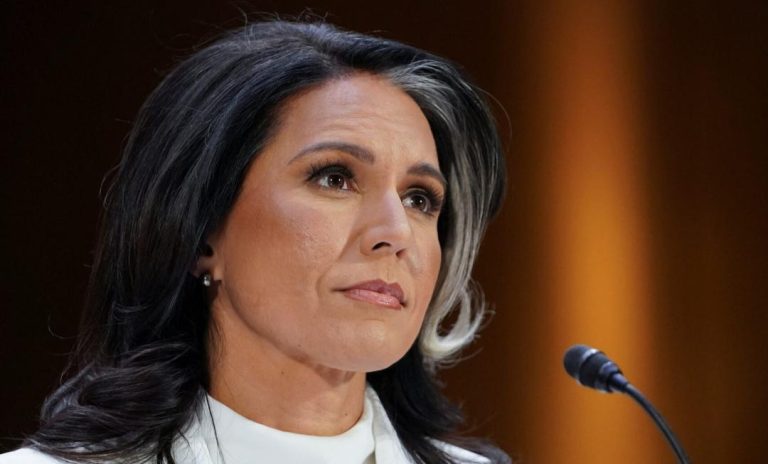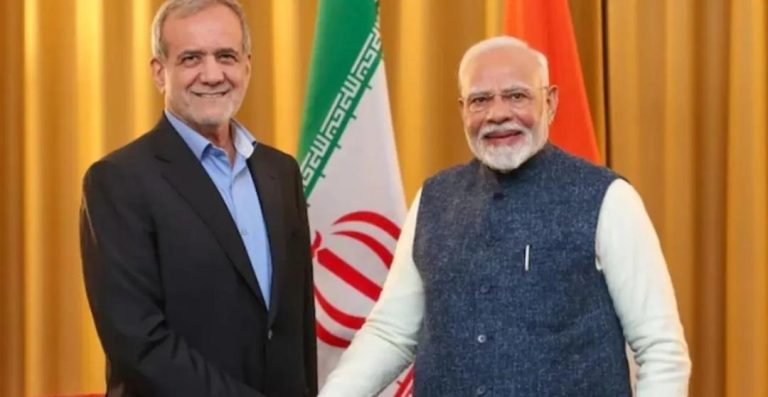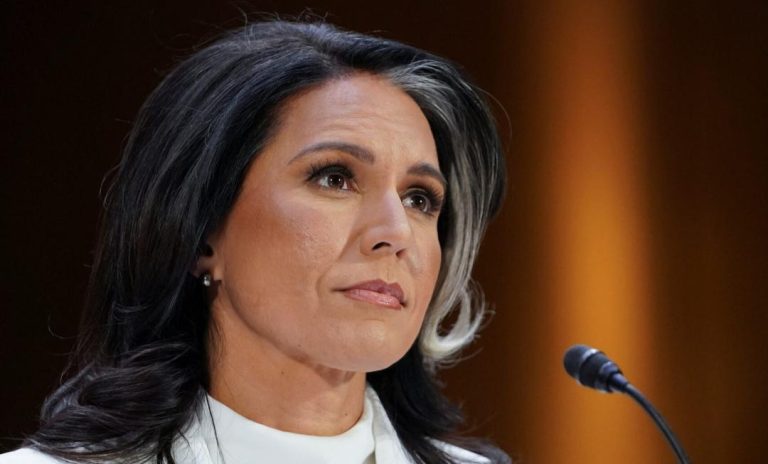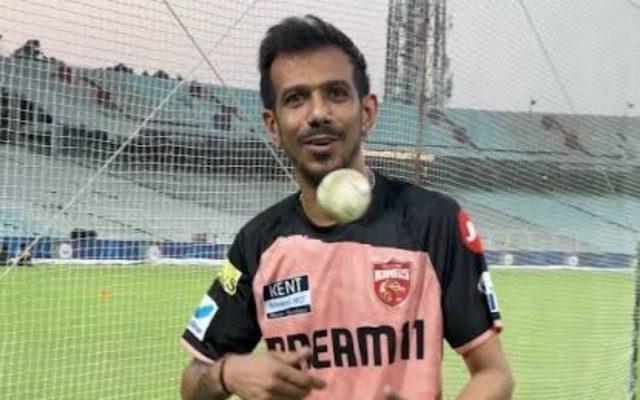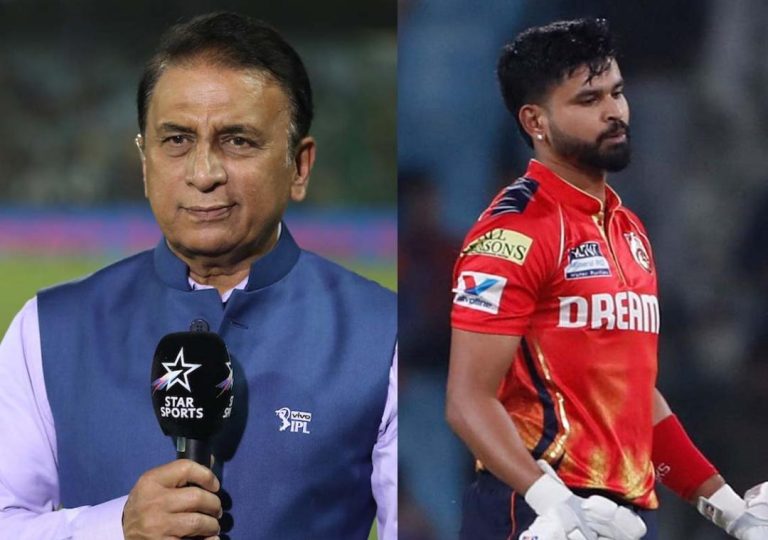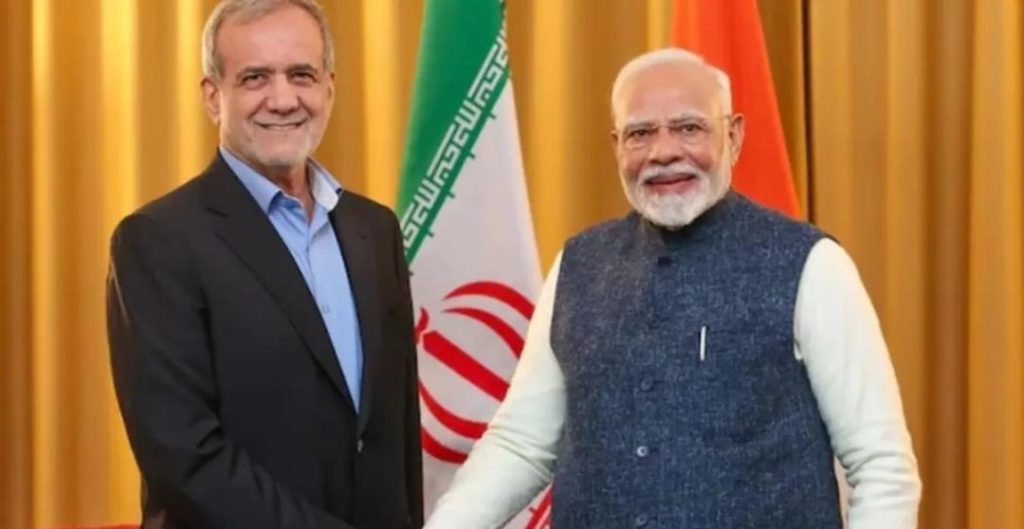
Iran Offers to Mediate Between India & Pakistan After Pahalgam Attack
The recent terrorist attack in Pahalgam, Jammu and Kashmir, has sent shockwaves across the region, escalating tensions between India and Pakistan. In the aftermath of the attack, which left several people injured, Iran has offered to mediate between the two countries to resolve their differences and forge a greater understanding.
Iran’s Foreign Minister, Seyed Abbas Araghchi, took to social media platform X to make the offer, stating, “Tehran stands ready to use its good offices in Islamabad and New Delhi to forge greater understanding at this difficult time.” This move is significant, considering Iran’s history of playing a crucial role in regional diplomacy and its desire to maintain good relations with both India and Pakistan.
The attack in Pahalgam, which was carried out by terrorists, has brought the already tense relations between India and Pakistan to a boiling point. India has accused Pakistan of supporting terrorism and has suspended the Indus Waters Treaty, a water-sharing pact that has been in place since 1960. Pakistan, on the other hand, has denied any involvement in the attack and has accused India of using it as a pretext to escalate tensions.
The suspension of the Indus Waters Treaty is a significant development, as it has the potential to impact the water resources of both countries. The treaty allows India and Pakistan to share the waters of the Indus River and its tributaries, and its suspension could lead to water scarcity in Pakistan.
Iran’s offer to mediate comes at a critical time, as both India and Pakistan are engaged in a war of words over the attack. The situation is volatile, and the risk of escalation is high. Iran’s involvement could potentially help to calm the situation and prevent a full-blown conflict.
Iran’s relations with India and Pakistan are complex, and its role in regional diplomacy is multifaceted. While Iran has historically been a close ally of Pakistan, it has also been seeking to improve its relations with India in recent years. In 2016, Iran and India signed a deal to develop the Chabahar Port, which is seen as a major economic opportunity for both countries.
Iran’s offer to mediate is also seen as a way to demonstrate its commitment to regional stability and its desire to play a constructive role in resolving conflicts. Iran has a long history of involvement in regional diplomacy, and it has played a key role in resolving conflicts in the Middle East.
However, Iran’s offer is not without its challenges. India and Pakistan have a long history of mistrust and hostility, and it is unclear whether they will be willing to engage in talks facilitated by Iran. Additionally, there are concerns that Iran’s involvement could be seen as a attempt to exert influence over the region and undermine India’s interests.
Despite these challenges, Iran’s offer is an important development, and it could potentially help to reduce tensions between India and Pakistan. The attack in Pahalgam has brought the two countries to a critical juncture, and it is imperative that they find a way to resolve their differences peacefully.
In conclusion, Iran’s offer to mediate between India and Pakistan is a significant development in the aftermath of the Pahalgam attack. While there are challenges and complexities involved, Iran’s involvement could potentially help to calm the situation and prevent a full-blown conflict. It is imperative that India and Pakistan engage in talks and find a way to resolve their differences peacefully, and Iran’s offer could be an important step towards achieving this goal.
